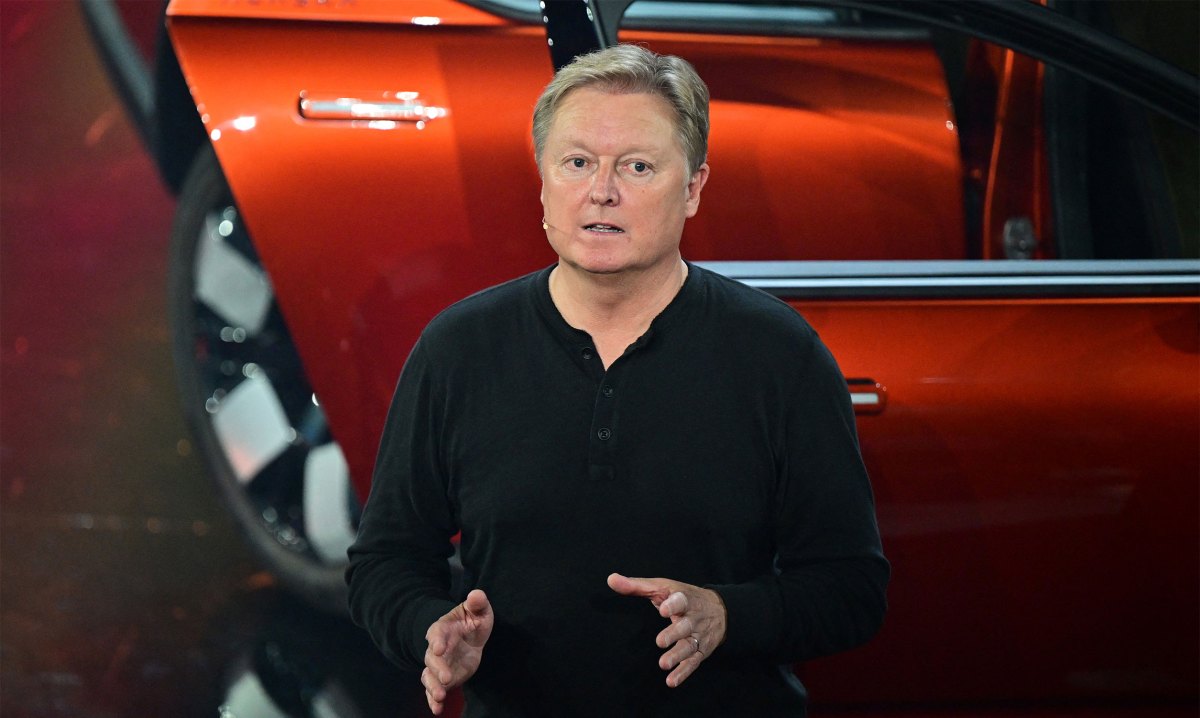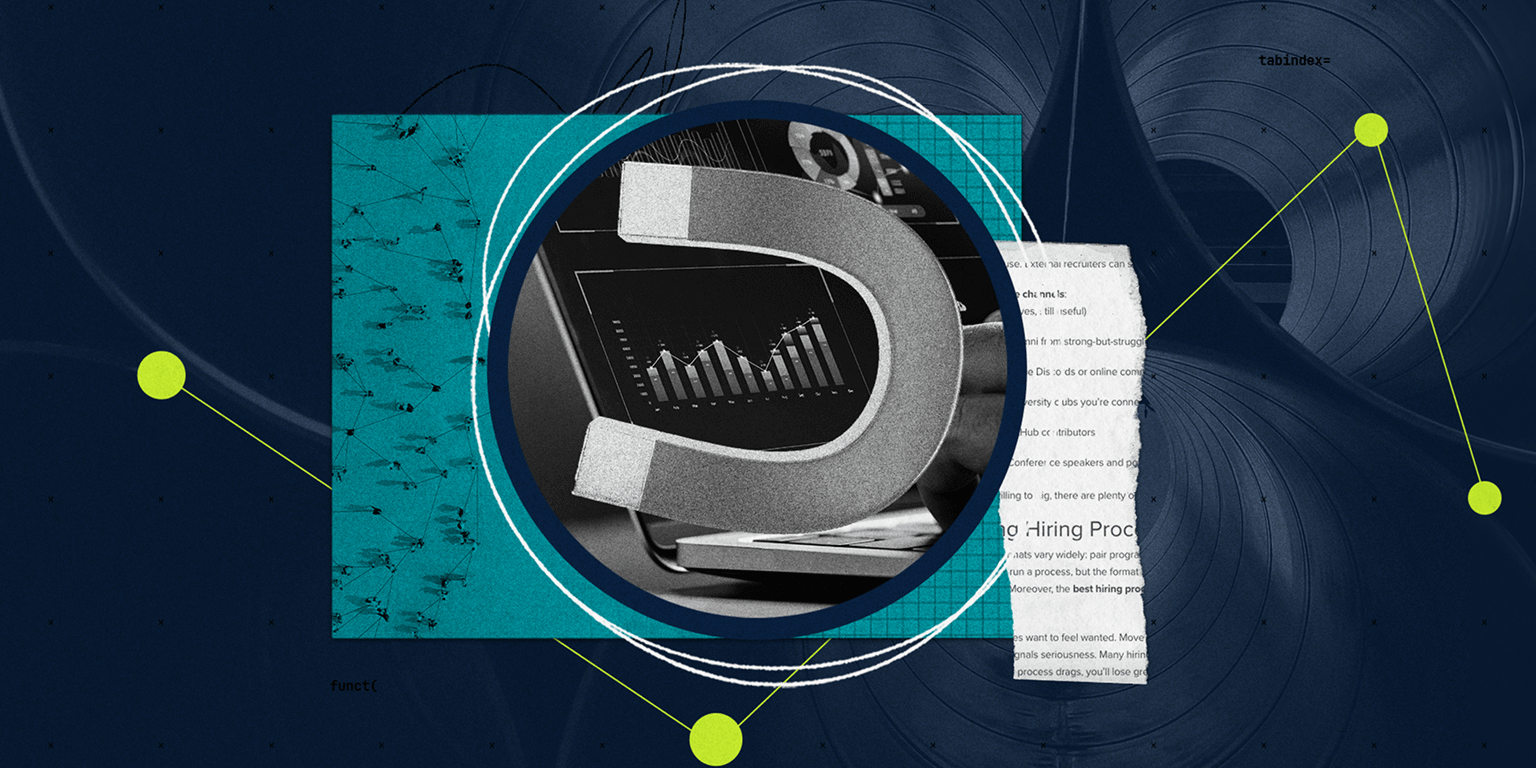Summary:
Reverse acquihires are leaving AI startups without their founders, forcing remaining teams to pivot business models
Big Tech benefits from avoiding regulatory scrutiny while acquiring top AI talent and technology
Startups like Character.AI and Scale AI face uncertain futures after losing key leaders to Google and Meta
The trend challenges Silicon Valley's social contract, with many employees left behind while founders move on
FTC investigations into reverse acquihires may reshape the landscape of AI startup acquisitions
The Rise of Reverse Acquihires in the AI Sector
In a surprising twist to the traditional acquihire, Big Tech companies are now opting for reverse acquihires, where they hire a startup's top talent and license its technology without acquiring the company. This trend has left several AI startups in a precarious position, with their founders jumping ship to giants like Google and Meta, leaving behind teams to navigate the aftermath.
Character.AI's Leadership Shakeup
When Character.AI's founders, Noam Shazeer and Daniel De Freitas, left for Google as part of a $2.7 billion licensing deal, interim CEO Dominic Perella faced the daunting task of reassuring the team. The move sparked questions about the company's future direction and resource allocation, highlighting the challenges startups face when losing their visionary leaders.
The Big Tech Advantage
These deals allow tech giants to sidestep regulatory scrutiny while gaining access to cutting-edge AI talent and technology. However, they often leave startups stripped of key leadership and with limited growth opportunities. Ventures like Scale AI and Inflection AI have had to pivot their business models post-reverse acquihire, with mixed financial outcomes for investors and employees.
The Silicon Valley Social Contract at Risk
The trend raises concerns about Silicon Valley's social contract, where founders and employees work towards a shared success. Critics argue that reverse acquihires create misaligned incentives, leaving many employees feeling abandoned on a "ghost ship" while a select few move on to lucrative positions at Big Tech.
Looking Ahead
As the FTC begins to scrutinize these deals, the future of reverse acquihires remains uncertain. Startups like Inflection AI and Scale AI are attempting to rebuild, but the path forward is fraught with challenges. The question remains: Can these startups survive without their founding visionaries, or will they become cautionary tales in the AI gold rush?









Comments